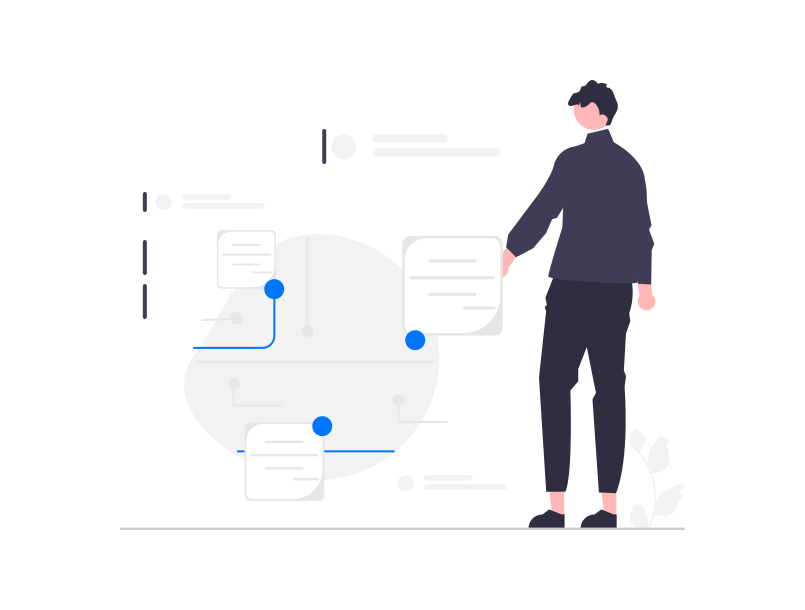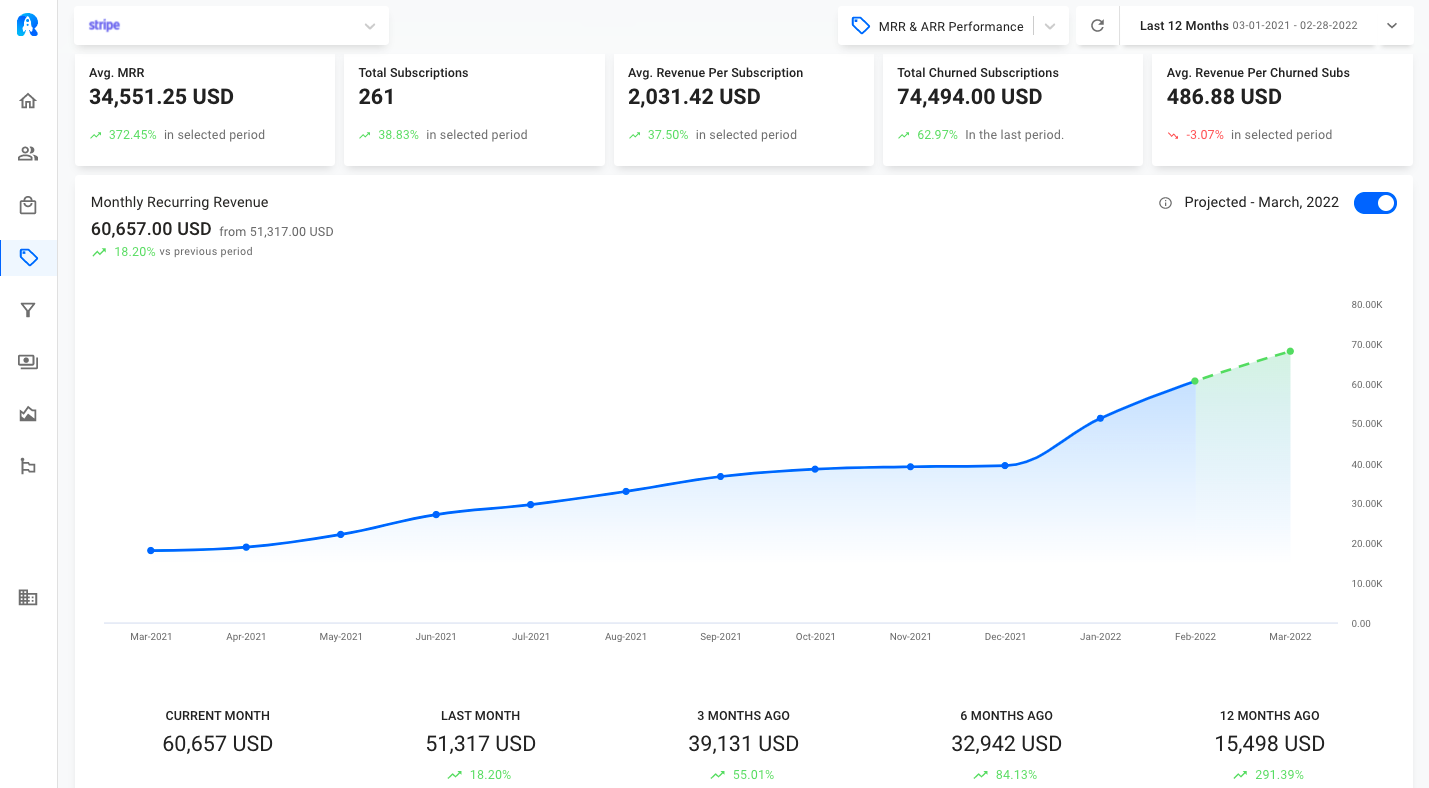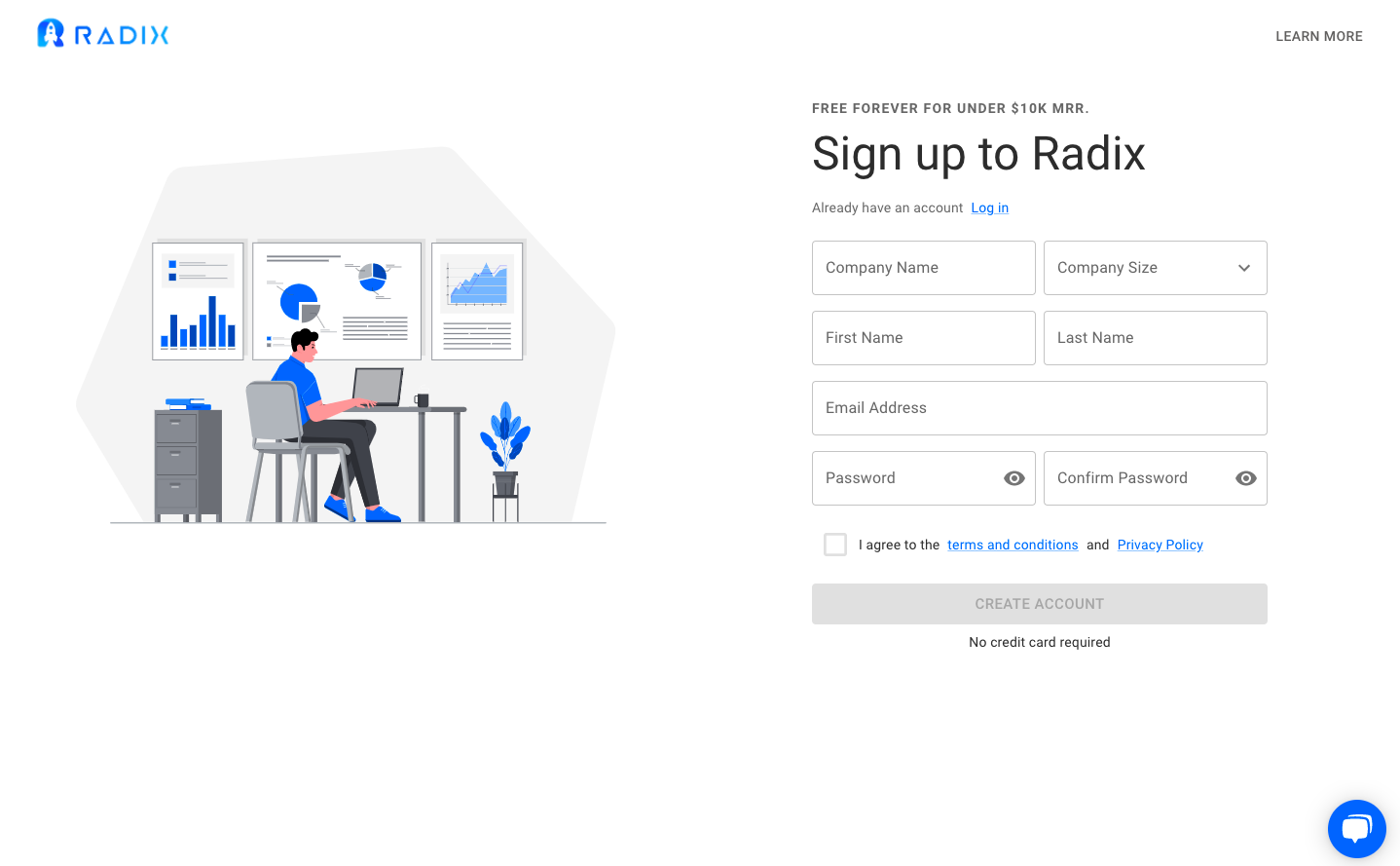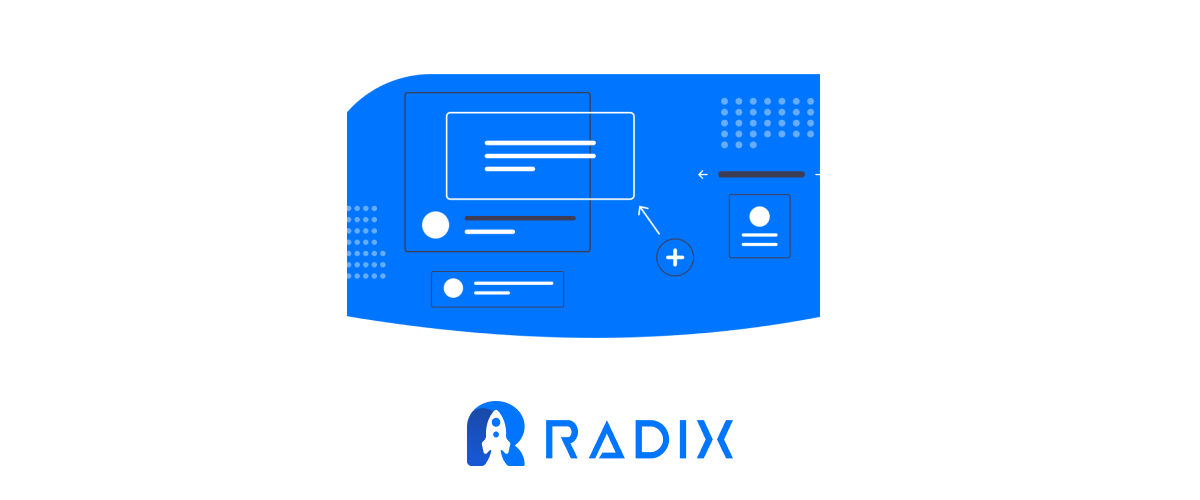Customer intelligence is critical in all industries.
It reveals information about customers’ pain points, habits, expectations, motivations, and other aspects of their purchasing journeys. It’s no surprise that customer intelligence may be the difference between a flourishing and failing organization.
In this post, we’ll learn more about customer intelligence, its benefits, best practices, and tools that may help you effectively adopt it.
Definition of Customer Intelligence
Customer intelligence is the process of gathering and analyzing customer data to identify customer insights that may be used to improve customer experiences, boost sales performance, help product development, and impact other business decisions.

Customer Intelligence Benefits
Implementing customer intelligence helps you to have a better understanding of your customers.
When you genuinely understand what your customers want, you can communicate with them in their language and segment them into groups based on demographics, habits, and interests.
From there, you may develop customized consumer experiences and design marketing materials suited to certain segments.
According to studies, “a successful customer experience eliminates friction, increases speed and efficiency, and keeps a human aspect incorporated inside automation, AI, or other technology.” It makes customers feel heard, noticed, and valued. It has a measurable impact in terms of dollars and cents.”
Aside from that, customer intelligence helps you understand the reasoning behind your consumers’ actions. For instance, why do they buy from you, why they stop buying, why they abandon their cart, and so on. Using that information, you may design a marketing strategy to reduce customer churn, boost customer loyalty, and encourage repeat purchases.
Customer intelligence solutions provide sales agents with information that allows them to identify what sort of selling technique they should use for a certain buyer. Is it better to sell softly or firmly? Is it better to sell via social media or through high-pressure tactics? The more knowledge a salesman has, the more easily they can interact with a buyer.
Last but not least, customer intelligence assists your product team in informing them of new features or items that are important to your customers. This is an excellent technique to confirm that your product and market are compatible.

Customer Intelligence Techniques
To establish a successful customer intelligence strategy, follow these tips:
-
Data Collection across Channels
Customer data may be gathered in a variety of methods, for example:
- Customer relationship management (CRM): Within your CRM, you’ll find customer profiles, sales emails, sales calls, meeting notes, and so on. For your sales staff to boost sales success, this type of data is crucial.
- Interviews: If you have a lot of questions for your customers and want to get answers that they don’t always disclose in a questionnaire, interviews are a wonderful way to go. You can assess customers’ emotions and body language during an interview, which may disclose a lot about their personalities.
- Surveys: Your support, sales, marketing, and product teams may all use surveys to evaluate the customer experience. Market research, Net Promoter Score (NPS), Consumer Satisfaction (CSAT), and Customer Effort Score (CES) are all options for collecting customer data.
- Customer service platform: A customer service platform (also known as a customer support tool, helpdesk, or ticket management system) maintains customer information from emails, chats, phone calls, and social media conversations.
-
Focus on the Most Relevant Metric for Your Company
Not all customer information is valuable. To select what metrics to track and which tools to utilize, you must first understand the most critical metrics to focus on.
Consider the following sales metrics:
- Average sales cycle length
- Win/loss ratio
- Close rate
- Cost per lead
- Average lead response time
- Customer acquisition cost
- Customer churn rate
- Upgrade rate
- Downgrade rate
- Cancelation rate
- Average purchase value
- Sales to date
- Sales by product
-
Track & Analyze Data to Make Data-Driven Decisions
You may begin an analysis after you have all of the necessary data.
You may do it manually or use Data Revenue software to simplify and accelerate your analyzing process. Learn more about analyzing sales data by clicking here.
You will gain critical insights that will benefit all of your teams as a result of the analysis. Determine what each team wants to hear and provide the insights that are important to their goals.

The Best Data Revenue Platform to Boost your Customer Intelligence Strategy
Technology is an essential component of a successful customer intelligence strategy since it contributes to the creation of a single source of truth for your customer data.
Customer intelligence software enabled by artificial intelligence (AI), such as Radix, is a strong solution for real-time data monitoring. Radix automatically collects customer data and converts it into actionable insights that influence the efficiency of your sales staff.
The data is frequently updated, and all of your teams may easily access it at any time, ensuring that no vital information is ignored.

Boost Sales & Reduce Churn Here!

Read More:
15 Ways to Reduce Churn: Radix Edition
Revenue Churn: Definition, How to Calculate, Ways to Track & Improve
Growth Hacking: 7 tips for SaaS Business to Scale Up
Improve MRR Performance:10 Tips for Improving Your MRR for Better Business Growth





